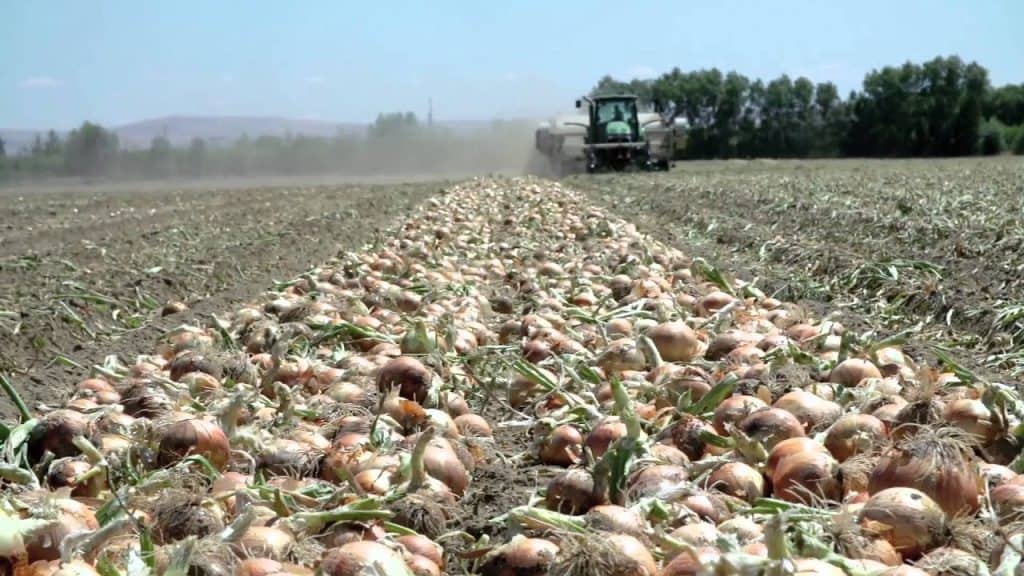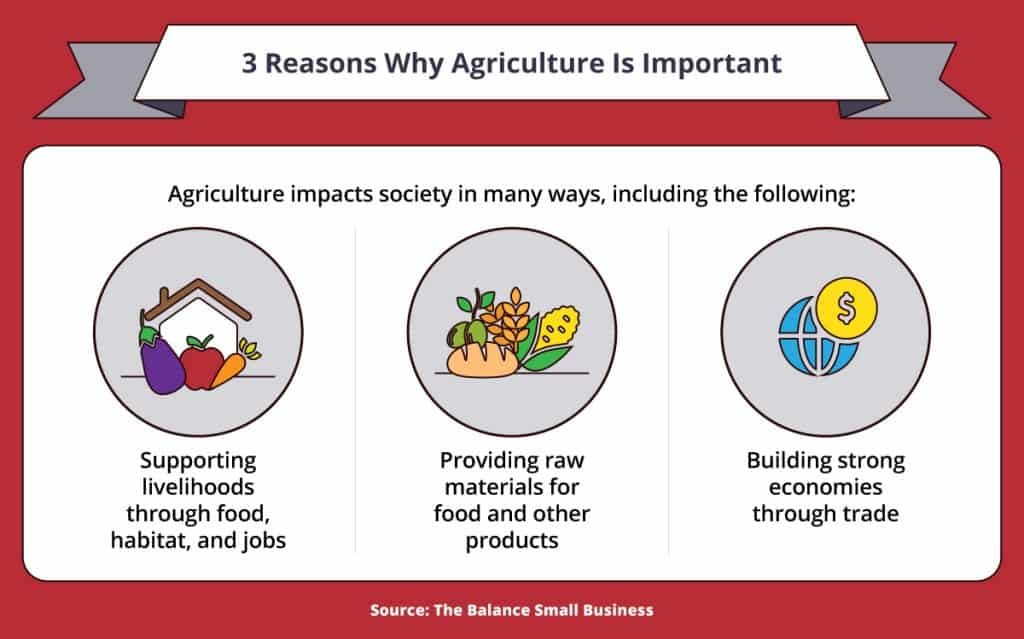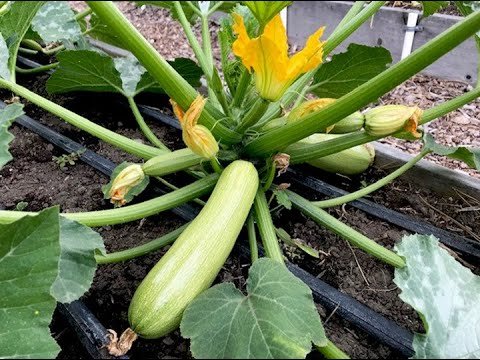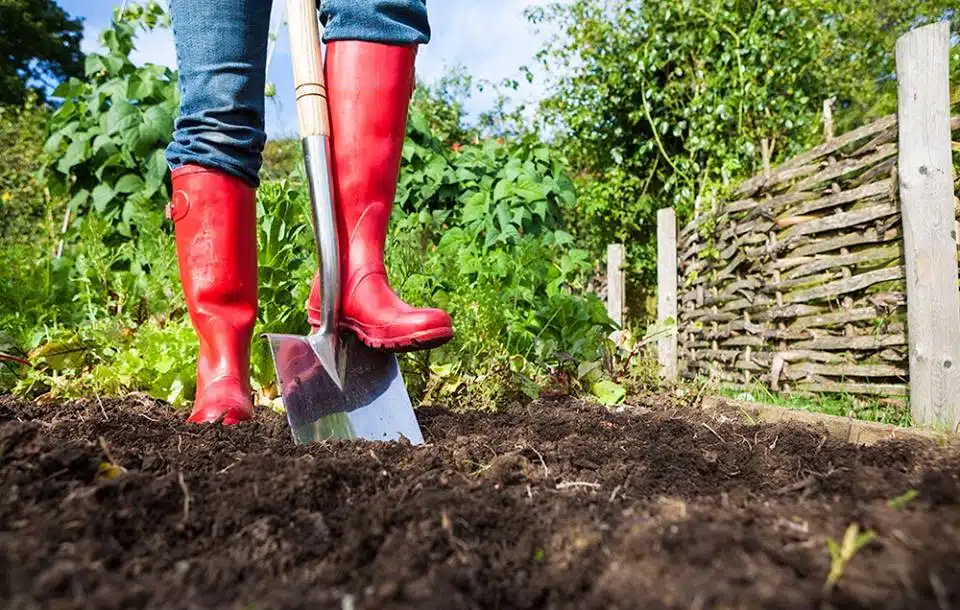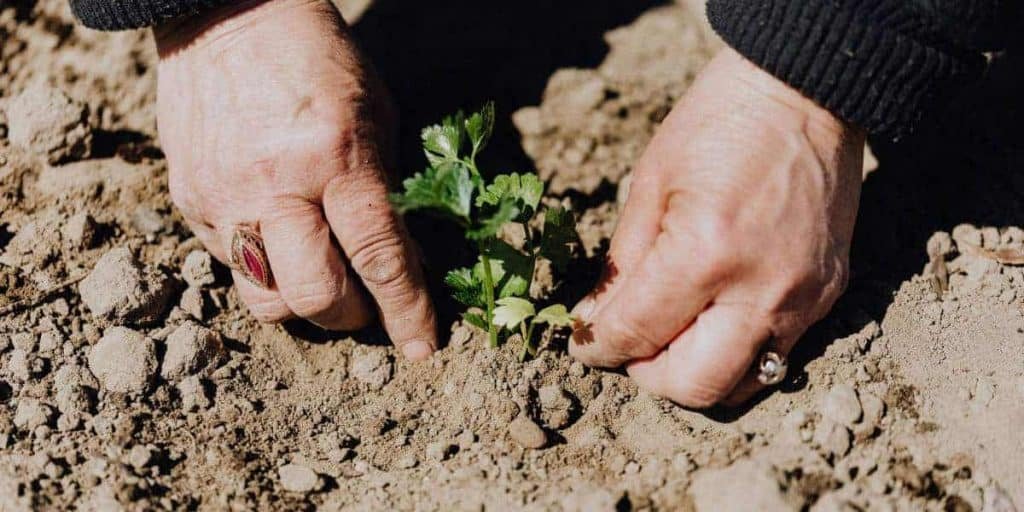Crop Rotation: The Advantages and Limitations
Crop Rotation Generations of experience have shown that growth and yield can be reduced if crops are grown in the same ground year after year. Crop rotation in sequence is a long-established practice to prevent this. There are three main reasons for using rotation: to combat pests and diseases, to maintain soil fertility, and to ...

